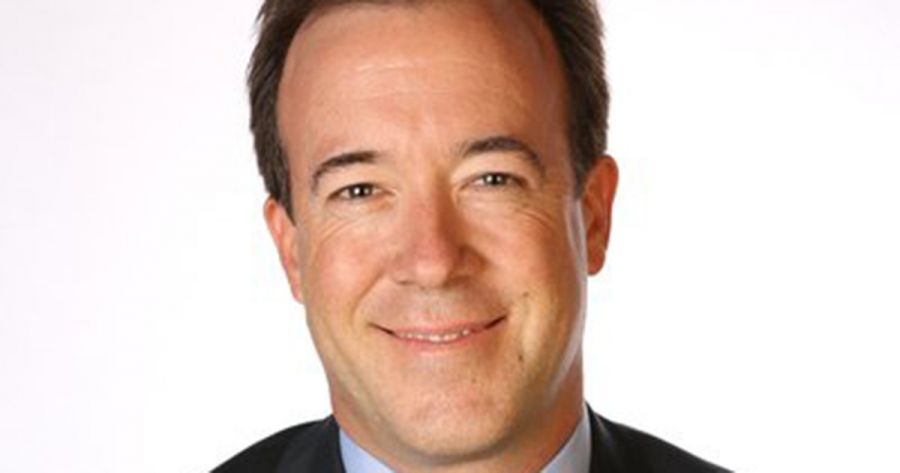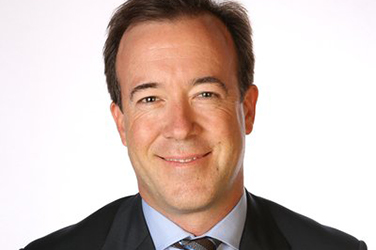
- Free Article: No
- Contents Category: Commentary
- Custom Article Title: Stanner in reverse
- Review Article: Yes
- Article Title: Stanner in reverse
- Article Subtitle: A response to Clare Wright
- Online Only: No
- Custom Highlight Text:
Clare Wright’s letter in response to Bain Attwood (ABR, August 2023) should profoundly disturb and unsettle anyone in this country concerned about the survival of active, rigorous, and engaged historical scholarship.
- Featured Image (400px * 250px):

- Alt Tag (Featured Image): James Curran on Clare Wright and the Voice referendum
In his article, Attwood, writing from his long and deep immersion in the history of Indigenous affairs in Australia and globally, provided a depth of perspective sorely needed in the debate. He displayed a keen vigilance for the unlikenesses of the 1967 referendum to this one; then, a comparatively easier argument about the granting of ‘equal’ rights to Aboriginal Australians; now, the difficulty of convincing the electorate not only to grasp that Aboriginal people should ‘be recognised as different from other Australians on the basis that they are the country’s first peoples’, but that a Voice to parliament and the executive should be created for them – one that ‘no other racial or ethnic group in Australia enjoys’.
Attwood stressed with a clarity rarely seen by Yes advocates the connection between constitutional recognition and the Voice. And he made the powerful case that that ‘the story that needs to be told to achieve a majority for the Yes case will be a big symbolic one that doesn’t necessarily have any obvious connection to the modest reform being proposed’. This is precisely the case we have seen prosecuted by neither the prime minister nor his government, and the country is the poorer for that failure in advocacy. So, fearing that Labor and its closest Aboriginal advisers would continue to operate in a state of denial, Attwood ‘reluctantly’ agreed that the referendum might be prudently abandoned and instead that legislation be passed to create an Aboriginal Voice to parliament.
It is hard to know where to begin with the kind of vision Wright represents. Rather than shouting or hurling abuse – practices which, though unpalatable, also characterise rambunctious parliamentary democracies – Wright wants to silence. She would prefer historians and scholars who do not subscribe to the progressive left’s view of the Voice to down tools and ‘hold their tongues’. They are to put aside their ‘intellectual virtuosity’ until after the referendum.
Astonishingly, for Wright, historians are useful only in terms of their worthiness as an ‘ally’ in the cause du jour. Her threadbare qualifier – that ‘white’, ‘tenured’ academics are entitled to their views – is undercut by the judgement that Attwood lies marooned on the ‘wrong side of history’. This is the language of the party cell, not of intellectual discourse.
Is this really what it has all come to?
Wright’s response was not only fundamentally illiberal but establishes a political loyalty test for scholarship. Where does this end? Are historians now and into the future to check themselves before writing about matters relating to, inter alia, immigration, foreign affairs, or, god help us, war – to ensure they are with the saved and not the damned?
All this, too, as Wright rails against the history wars for politicising the discipline! This is an intellectual cul-de-sac in which no self-respecting scholar should ever want to find themselves. And according to Wright, only the ideological right uses and abuses history in this dastardly manner. Yet it can be equally argued that the left is no angel of light in this regard: indeed, it is virtually indistinguishable from the right because it too doesn’t hesitate to politicise the historical debate. Whether the left is aware of doing this, however, is another matter entirely. The very use of the term ‘progressive’ in this loaded way is one of the worst sins of the Whig historian, but it is used by Wright without any sense of its meaning. Instead, Wright positions herself as the sole arbiter of who is ‘progressive’, and who isn’t. This is a sorry state of affairs. Somewhere, Herbert Butterfield is turning in his grave.
A number of further questions are worth posing here: who says the ideologues for the Voice are the ‘progressives’? What about those Indigenous Australians who don’t think along Wright’s lines? Presumably, they are only worthy of being whitewashed from the debate, since their ‘voice’ doesn’t count?
In 1968, the anthropologist W.E.H. Stanner gave his landmark Boyer lectures After the Dreaming, in which he wrote about the ‘great Australian silence’. Clare Wright has just given us an unnerving glimpse of Stanner in reverse.
Bain Attwood, on the other hand, as well as being both incisive and constructive, has represented in the truest sense the French historian Marc Bloch’s observation that ‘this faculty of understanding the living is, in very truth, the master quality of the historian’. So said Bloch in his classic The Historian’s Craft, written between the Fall of France and his death fighting with the French Resistance in 1944. He implored historians not to be simply ‘useful antiquarians’. Bloch clearly knew a thing or two about moral, intellectual, and political courage.



Comments powered by CComment